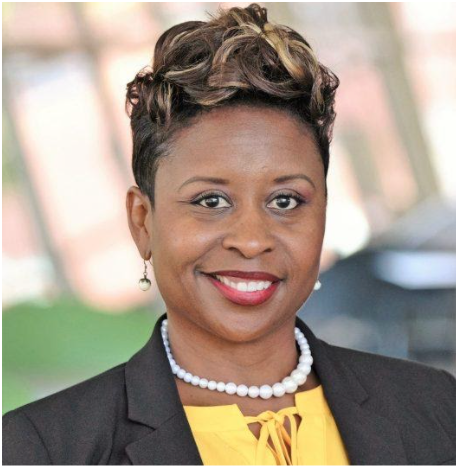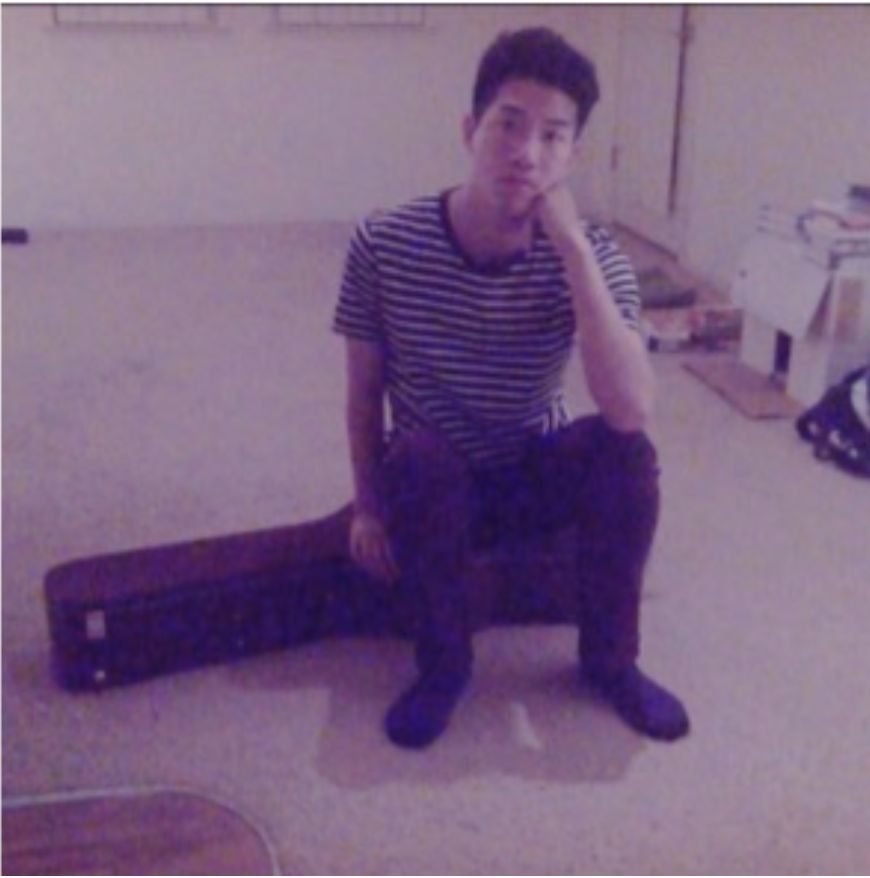Conversations with Ray: Dr. Stacy Gee Hollins on the “Digitally Denied”
Dr. Stacy Gee Hollins
Dr. Stacey Gee Hollins is an academic leader who creates strategic partnerships and innovative programs that deeply engage students while serving, improving, and strengthening the greater St. Louis community. She is a graduate of the University of Missouri – St. Louis and holds a Ph.D. in Educational Technology, an M.B.A. from Fontbonne University, a B.A. from St. Louis University in Organizational Communication, and an A.A. in Business Administration from St. Louis Community College. Her dissertation, titled “The Digital Divide through the Lens of Critical Race Theory,” was named an American Libraries Association Top 10 Dissertations of 2015.
Ray: Thank you so much for taking the time to speak with me. While doing my own dissertation research on the digital divide and its impact on ethnic communities, I encountered your research. Can you tell us about your current work and how you became involved in your research on the "digitally denied"?
Stacy: I am currently an Assistant Dean in the Simon School of Business at Maryville University. I discovered the digitally denied when I was teaching at St. Louis Community College. While teaching computer classes, I noticed that many students came to class unprepared and had not completed required assignments. I had really good relationships with my students which provided me with an opportunity to have transparent conversations about why they weren’t completing their work and immediately realized that these students had one thing in common: no access to technology at home.
R: Your dissertation study on this topic is so critical and timely. I even cited it for my own doctoral research concerning the issues of the digital divide. What were some surprising findings you uncovered in your study?
S: I interviewed several students only to find that the lack of technology was the surface level problem, but other patterns were revealed, such as limited access in the community, no technology support, no technology education, and several other issues. Students shared that while the library was helpful, the hours didn’t fit the need. For example, if they needed to take an exam that was an hour and a half long, the library wasn’t helpful because they had a one-hour limit for computer usage. Additionally, if the student had family obligations, they needed to tend to them before getting to work on assignments. That meant that students needed the library to be open later than 9 p.m. in order to complete assignments.
I also learned that campus computer labs were oftentimes overcrowded, preventing students from being able to complete their work in the appropriate lab. For example, if a student needed to work on a math assignment and the math lab was full, they had to go to another lab which didn’t have the math tutors there to help. So, while they had access to a computer, they didn’t have the support needed to help with the assignment.
R: With the pandemic occurring, we are now seeing more people experiencing digital exclusion and inequity. Across the country, many libraries are closed and COVID-19 has revealed a lack of digital infrastructure for many people, particularly students of color. What are your thoughts on this?
S: My thoughts on this remain the same. Until we have free community-based broadband internet service with technology support and education there will always be a digital divide that disproportionately affects students of color. My current thoughts during COVID-19 are here.
R: During this time, how do you center yourself and maintain work/life balance?
S: It’s hard! The lines are completely blurred between work and home. After two months, I’ve finally learned to “shut down” by 5 p.m. no matter what.
R: Can you tell us what projects you are working on?
S: I am currently working on:
The Digitally Denied (still)
Tech Talent Readiness Project
Introduction of Geospatial curriculum to the St. Louis Community
Please watch my video on these three topics! It’s only 20 minutes.
Ray Pun (he/him/his) is a school/academic librarian in California.


